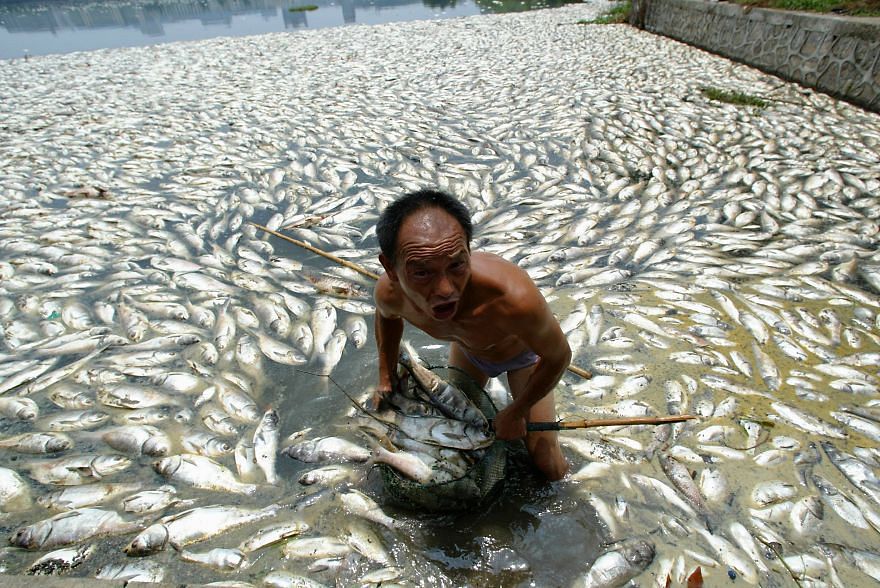If not addressed, pollution alone could cost Vietnam US$12.4–18.6 million a day by 2030, the World Bank warns.
A recently released World Bank study finds that a lack of proper drainage systems, treatment plants and oversight, coupled with limited access to clean water and climate change, could cost the nation 6% of its GDP by 2035, as reported by VnExpress. Too few treatment facilities and lax regulation enforcement are putting people at serious health risks, and the supply of clean water may soon fail to meet demand. Water pollution's impact on human health alone could hamper Vietnam's GDP by 3.5%.
The impacts of failing to invest properly in infrastructure, institutions and management will only get worse, as climate change is increasing the frequency of flooding and droughts, with serious economic consequences. Moreover, because more than 60% of Vietnam's water resources are connected to other countries via the flow of rivers across political borders, Vietnam is not the master of all its aquatic comeuppances.
It is estimated that urban centers will require twice as much water as they currently supply within the next 25 years. Vietnam's economic growth has relied in part on water resources, but efficient use practices have not been established, the study says. Pesticide use, livestock waste and aquaculture pollution reduce the quality of water. Improved crop selection and value chains in the agriculture sector, for example, could mitigate the problem.
Increased monitoring and random inspections, along with enforcing fines, will be critical to improving water conditions, along with investing in infrastructure such as flood protection measures. Decentralized government bodies must work more closely together to reduce inefficiencies and come up with incentives to entice the private sector to reduce pollution.
Authorities have taken note of the issue and are looking for remedies. In response to the report, Minister of Natural Resources and Environment Tran Hong Ha acknowledged that population and economic growth will "result in unsustainable development unless water resources are managed in a uniform and coordinated way, and shared and used reasonably and effectively."
The World Bank pledged their support and offered optimism. Jennifer Sara, senior director of the World Bank’s Water Global Practice, explained: "If good decisions are made now, water systems can be strengthened to withstand shocks such as climate change and ensure current and future generations reap the benefits of water."
[Photo/CC BY]















